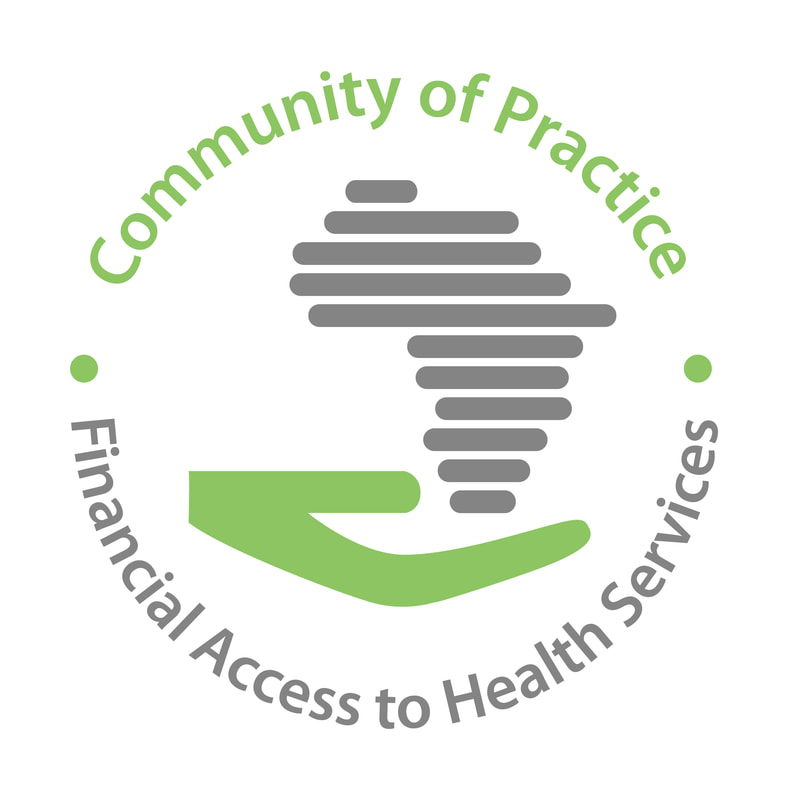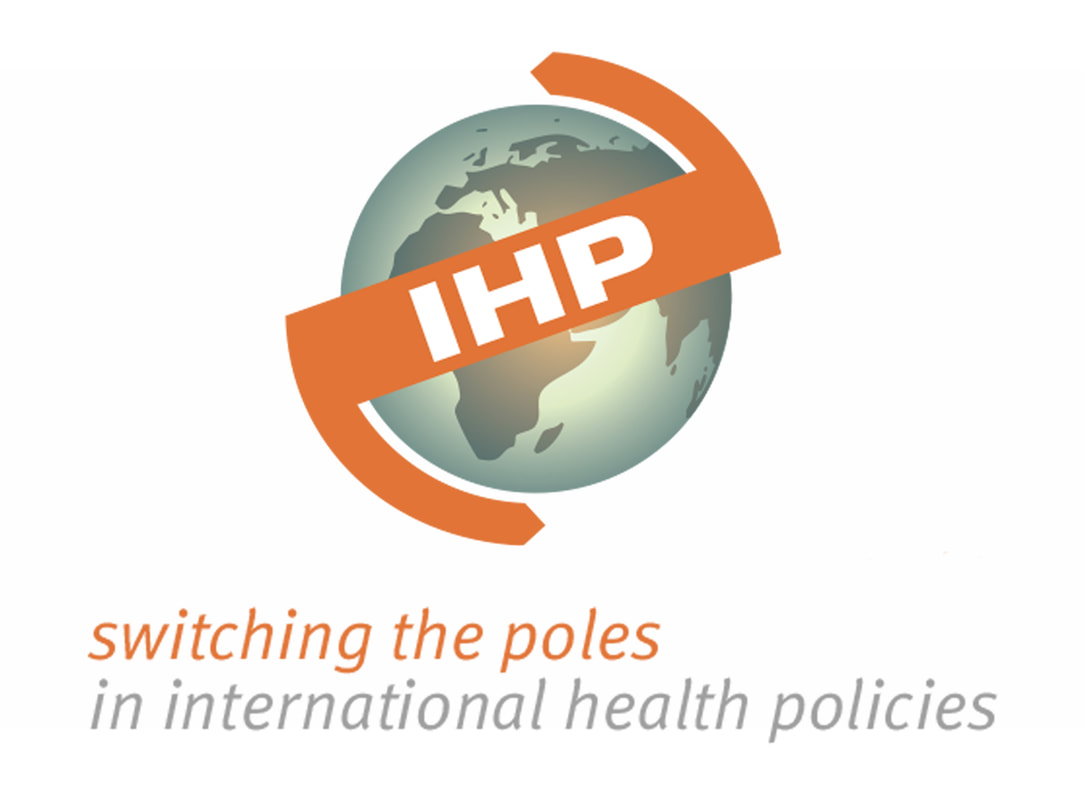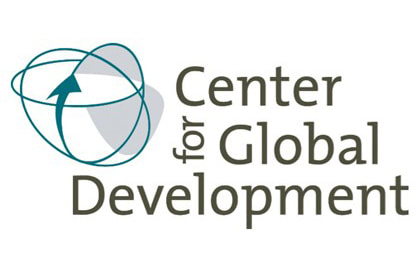Au cours de ces dernières semaines, nous avons eu l'occasion de lire deux contributions intéressantes sur l'évolution progressive de l'aide internationale vers la logique «de l’argent contre des résultats». Commençons par la plus récente. Sur le blog Broker Online, Marcus Leroy, un ancien assistant technique pour la coopération belge, critique la domination croissante dans le secteur de l’aide internationale de la logique de conditionner le financement à l’atteinte des résultats.
La réflexion de Leroy est riche et elle se déroule en deux temps : tout d’abord à un niveau conceptuel et ensuite à un niveau opérationnel. Dans ce texte, je voudrais me concentrer sur quelques points relatifs aux faits (les questions philosophiques et morales qu’il identifie je les réserve peut-être pour un texte ultérieur). Pour rester proche de mon expertise, je m'en tiendrai à discuter la problématique au financement basé sur les résultats dans le seul secteur de la santé.
Tout d'abord, dissipons tout malentendu : je partage l’avis de M. Leroy quant au fait que l’aide conditionnée aux résultats (Performance Based Aid en anglais, et ABP pour ‘aide basée sur la performance’ dans la suite de cet article) n'est pas sans risques. Il en identifie plusieurs d'entre eux, dont certains ont été discutés lors de notre dernière conférence du Réseau « Incentives for Health Provider Performance Network » au CERDI. Les différentes présentations partagées à Clermont-Ferrand nous ont aidé à mieux comprendre les propositions sur la table: certaines sont bien avancées (par exemple celle de GAVI), d'autres - peut-être les plus radicales -, comme l'aide « Cash on Delivery » (que l’on pourrait traduire en français : « Paiement comptant à la livraison ») ou TrAid+ sont encore en développement. Toutes ces propositions sont vraiment intéressantes. Cependant, la demi-journée d'échanges a également fait prendre conscience que la PBA ne sera pas la panacée qu’une partie du secteur de l’aide cherche depuis plusieurs décennies.
Face à l'inconnu, il est naturel de ressentir une certaine crainte. Le PBA ne fait pas exception. Ma principale préoccupation personnelle est que les bailleurs qui décideront de conditionner leur assistance financière aux résultats atteints par le pays récipiendaire optent pour une définition étroite des cibles à atteindre au sein d'un secteur, ce qui pourrait conduire à peu d’effets systématiques bénéfiques pour l’ensemble du secteur ou la société en générale. Pire, un système d'incitation se concentrant sur un seul problème de santé pourrait avoir des effets de distorsion majeure pour l'ensemble du secteur. Je comprends que des experts aux Etats-Unis et en Europe travaillent sur ces questions en ce moment même. Nous avons entendu lors d'une réunion récente d'agences que DFID, l’agence d’aide bilatérale du Royaume-Uni, progressait dans le développement de son instrument d'aide basée sur la performance. Nous leur souhaitons sincèrement beaucoup de succès.
Trois points de critique
Mais j’ai aussi des points de désaccord avec Leroy. Je voudrais en développer trois, sur base de notre expérience dans le secteur de la santé en Afrique.
D'abord, je pense qu'il est important de faire la distinction entre l’aide basée sur la performance (ABP) et le financement basé sur la performance (FBP, et PBF en anglais). L’ABP porte sur une révision du contrat d’assistance entre un bailleur de fonds et un pays bénéficiaire. Le FBP, lui, s’appuie sur une transformation profonde des arrangements institutionnels structurant les relations des différents acteurs composant le secteur de la santé d’un pays : c’est bien plus que le changement d’un seul contrat. Certains commentateurs confondent les deux stratégies. C'est une erreur d’interprétation.
J'encourage M. Leroy à lire les articles et rapports présentant les expériences de FBP dans le secteur de la santé. Il notera que toute une communauté d'experts et d'acteurs sont impliqués dans cette démarche, qu’ils sont pleins d’ambition et ont une vue sur le long terme. Nous l'invitons à visiter les secteurs de la santé au Rwanda ou au Burundi. Il pourra observer combien le FBP peut être ‘transformationnel’. Il verra aussi comment le FBP peut amener les bailleurs à harmoniser leurs interventions et peut aider un gouvernement à reprendre la main (si les bailleurs sont prêts à se conformer à la Déclaration de Paris, qui n'est bien sûr pas toujours le cas).
Deuxièmement, il ne faut pas écarter trop vite le programme réformateur de la Nouvelle Gestion Publique (New Public Management) (comme Leroy semble faire). Beaucoup de pays à faible revenu ont besoin de telles réformes de leur secteur public. Comme avec tout programme réformiste, des erreurs ont certainement été faites et seront encore faites. Mais ce n'est pas parce que, disons, le plan d'incitation financière mis en place par Sarkozy pour la police française est controversé que les formations sanitaires en Afrique sub-saharienne ne doivent pas être rémunérées en tenant compte des services (tant en termes de quantité et de qualité) qu’elles fournissent à la société. Il ne va pas de soi que les preuves (ou opinions) récoltées pour d'autres secteurs, en d'autres temps et dans des contextes totalement différents soient pertinentes pour le secteur de la santé en Afrique sub-Saharienne.
Ceci m'amène directement à mon troisième point, celui que je considère comme le plus important. C'est une grosse erreur de considérer que le souci d’avoir plus de résultats pour les fonds investis est un agenda mené par le Nord et les boucs-émissaires que peuvent êtres les bailleurs de fonds. Pour se faire une opinion, il suffit de lire le point de vue de M. Donald Kaberuka, président de la Banque Africaine de Développement et ancien ministre des Finances du Rwanda, récemment publié dans The Lancet. Certains d'entre vous, ne connaissent peut-être pas M. Kaberuka ; il est sans doute l'un des réformateurs les plus actifs et engagés d’Afrique. Les énormes progrès réalisés au Rwanda au cours de la dernière décennie ne sont pas seulement une histoire de leadership politique au plus haut niveau ; c’est aussi le fait de réformes «techniquement» pertinentes et bien menées. Bien sûr Paul Kagame joue un rôle-clé, mais beaucoup des progrès au Rwanda découlent aussi de l'engagement de toute une génération de techniciens rwandais, dévoués et visionnaires. Certains sont encore dans le pays, d'autres, comme M. Kaberuka, partagent désormais leur expérience et leur vision au niveau régional.
Le papier M. Kaberuka est court et ciblé. Le principal message est simple: grâce à la croissance économique, les pays africains peuvent s'attendre à avoir plus de ressources domestiques dans un avenir proche. Ce dont ils ont aujourd’hui le plus besoin c’est de la redevabilité (accountability). Bien que l'auteur affiche une compréhension large de la notion de redevabilité dans son texte (il inclut notamment la démocratie), il insiste aussi sur ce qu’elle signifie dans une perspective de finances publiques: elle doit se matérialiser dans des mécanismes assurant que l'argent public apporte plus d'avantages aux citoyens. Les antécédents de M. Kaberuka et son article donnent une indication claire des options institutionnelles qu'il a en tête, et le FBP fait partie du 'paquet' de mesures.
Serait-ce juste là la vision d'un ex-ministre des Finances éclairé? Lors d'un atelier sur le FBP organisé par la Banque mondiale à Limbé (Cameroun) il y a trois semaines, j'ai pu à nouveau constater à quel point ce programme réformateur est en fait cher à de nombreux hauts fonctionnaires et techniciens africains (même si l'échantillon était évidemment biaisé). Mon point est le suivant : le programme de redevabilité formulé avec éloquence par M. Kaberuka bénéficie d’une adhésion large en Afrique et il n’est certainement pas imposé de l'extérieur.
Une double proposition
En conclusion, l’ABP est au haute sur l’agenda des bailleurs de fonds du Nord ; elle le restera probablement dans les années à venir. Certains experts de l'aide expriment leurs préoccupations. Dans son message, M. Leroy soulève à juste titre la question de la marge de manœuvre et de l’autonomie des pays qui seront sous contrat. L’ABP va-t-elle respecter pleinement la souveraineté des pays bénéficiaires (elle entend en tout cas laisser ces derniers choisir les stratégies), ou ne sera-t-elle qu’un autre outil pour les bailleurs pour imposer leurs propres objectifs et préférences? Je suis peut-être naïf, mais je devine que les bailleurs optant pour l’ABP veilleront à mener une négociation équitable et équilibrée avec le pays bénéficiaire. Mais sera-ce suffisant pour évacuer la profonde méfiance que certains intervenants ont développé envers les agences d'aide bilatérale?
J'ai à cet égard deux propositions constructives pour les bailleurs intéressés par l’ABP.
Premièrement, il est essentiel et urgent d'obtenir la perspective des pays bénéficiaires sur l’ABP. Ce serait formidable si cette indispensable consultation était transparente (c'est peut-être le cas dans certains cas, mais je ne suis pas au courant). Pourquoi ne pas organiser quelques ‘rounds’ de discussions structurés avec quelques parlements dans le Sud? Comme nous le rappellent Kaberuka et Leroy, la redevabilité doit être dirigée d'abord vers les citoyens des pays bénéficiaires. J'espère que la performance de l’ABP à cet égard sera supérieure à celle des instruments d’aide existants.
Si un tel processus de consultation des parties prenantes n'est pas possible, une autre option serait de proposer la stratégie de l’ABP tout d’abord au Rwanda. Après le sommet de Busan, nous savons que ce serait un moyen efficace pour mieux connaître la perspective des dirigeants africains sur cet instrument d'aide (au moins nous aurions la perspective d’un dirigeant qui n’a pas peur d’exprimer son point de vue).
A notre petite échelle, nous ferons en sorte que notre blog Financing Health in Africa serve de plateforme pour que les experts africains puissent partager leurs vues et observations sur l’ABP. Nous pensons en effet que les communautés de pratique peuvent jouer un rôle dans cette obligation – qui s’impose également aux bailleurs - à plus de redevabilité.
Ma deuxième proposition est d'identifier correctement ce qui sera un succès dans un contrat d’ABP. Je dirais que le critère principal ne sera pas si l’ABP parvient à enrayer l'épidémie de VIH/SIDA ou à réduire la mortalité maternelle (même si de tels résultats seraient évidemment de vrais exploits qu’on appréciera tous). Le véritable test pour l’aide basée sur la performance sera de savoir si elle parvient à consolider les mécanismes mis en place par le gouvernement du pays récipiendiaire en matière de redevabilité envers ses propres citoyens. À cet égard, la façon dont l’ABP s’articulera sur les différentes réformes améliorant la redevabilité dans le secteur de la santé (voir la liste non exhaustive proposée par Donald Kaberuka) sera déterminante.






